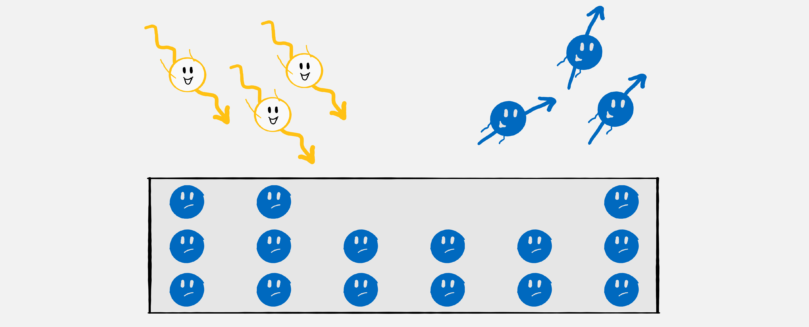
Nobel Prize 2023: Of sexy anchovies and short films
As I do every year, I followed the Nobel Prize ceremony with great interest! You’ve probably already had time to take a look at the prize winners and their topics. Nevertheless, I would like to give you an overview of what it was all about, why it is important and what was so special about this year’s prizes. We will also take a look at a prize that is almost even more beautiful than its role model: the Ig Nobel Prize in Physics.





